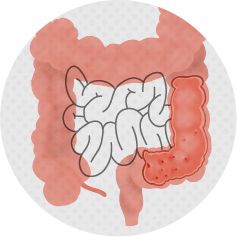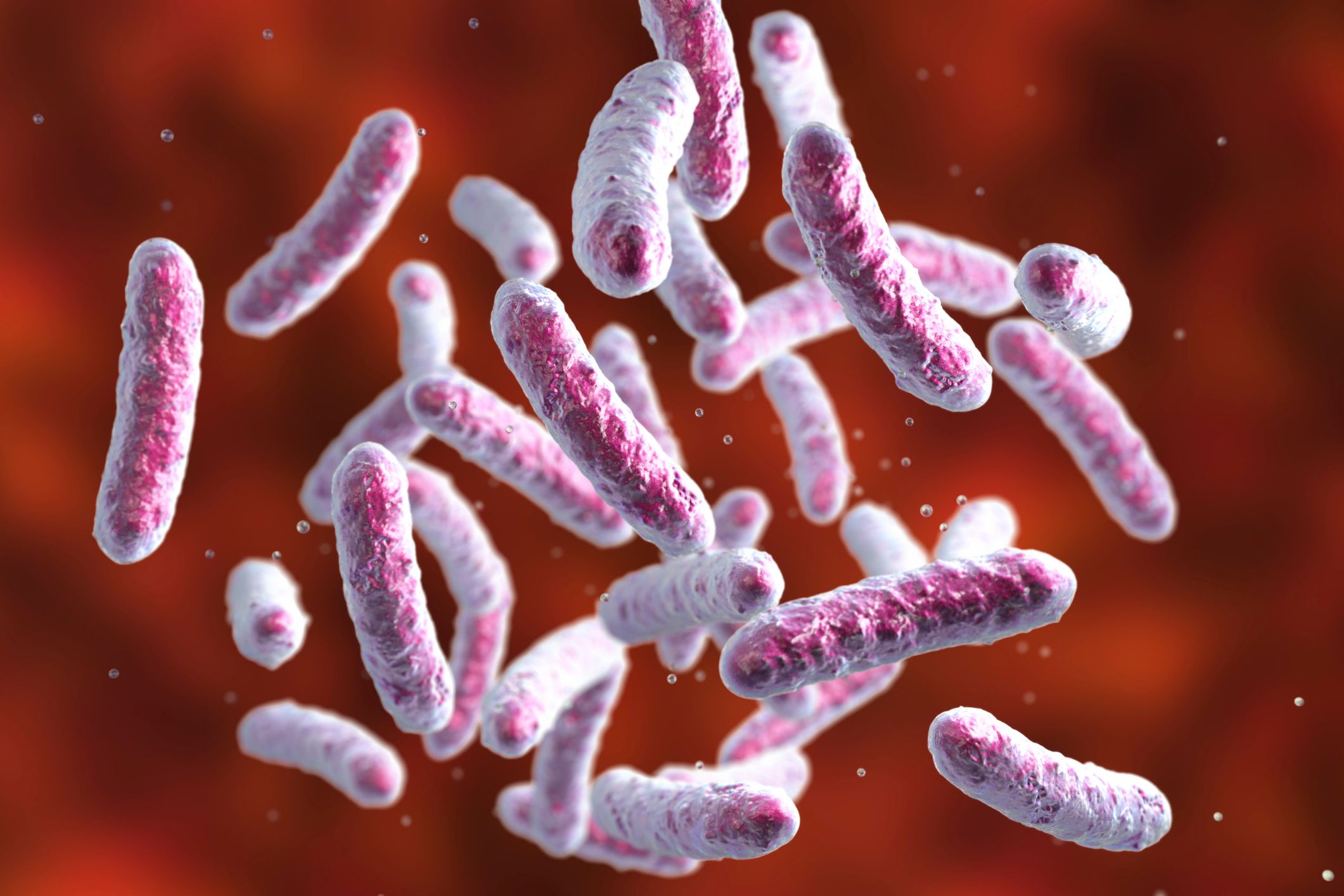Ulcerative colitis is a chronic condition that develops over several stages, including mild, moderate, and severe. The stage can depend on a person’s symptoms and how much rectal bleeding they have daily.
Ulcerative colitis (UC) is a
UC may
The condition causes inflammation and deterioration of the colonic wall, resulting in bloody diarrhea, which may also occur with mucus. The severity of the symptoms can indicate whether a person’s condition is at a mild, moderate, or severe stage.
This article looks at the stages of UC, its symptoms, complications, treatments, and frequently asked questions.

People with ulcerative colitis typically experience diarrhea and abdominal pain. They may also have additional symptoms, such as:
- bloody diarrhea with mucus
- weight loss
- fatigue
- dehydration
- a feeling of needing to pass stool without being able to
Some people may also show signs of a low red blood cell count (anemia) due to blood loss.
Specific symptom progression
Symptoms of UC increase in severity with each stage of the disease. Symptoms that worsen as the disease progresses can include the
- tenesmus, which is the urge to pass stool despite not needing to
- malaise, which is a general feeling of discomfort, illness, or fatigue
- weight loss
- fever
In severe cases, UC can cause symptoms in parts of the body outside the intestines, called extraintestinal manifestations. These symptoms can
- eye conditions, such as:
- episcleritis
- scleritis
- uveitis
- peripheral arthropathies, or joint swelling
- erythema nodosum, a condition that causes painful bumps under the skin on a person’s shins
- pyoderma gangrenosum, a type of skin disorder
At this point, the person may also be showing signs of hypoalbuminemia, where there is insufficient albumin protein in the blood.
Doctors may use different criteria to identify the stage of UC. However, the stage usually depends on how many bleeding episodes a person has in a day. The main stages of UC are mild, moderate, severe, and fulminant.
The classification
- mild: fewer than four episodes per day
- moderate: more than four episodes per day
- severe: more than
six episodesTrusted Source per day
A fourth category is fulminant UC, a subset of the disease that causes severe signs and symptoms with sudden onset, including:
more than 10Trusted Source bloody stools daily- weight loss
- high fever
- abdominal tenderness
These symptoms, without treatment, may result in hospitalization.
UC complications
UC is a chronic condition that can cause complications throughout a person’s lifetime as the disease increases and decreases in severity.
Common symptoms of mild or moderate UC can contribute to malnutrition and weight loss. These symptoms include:
- Diarrhea: This can cause dehydration, which means the body is low in fluids, nutrients, and necessary electrolytes, such as:
- Abdominal pain and nausea: These symptoms can reduce a person’s appetite, making it difficult for someone to consume enough calories and sufficient nutrients.
- Rectal bleeding: This bleeding can lead to iron deficiency anemia.
- Frequent bowel movements: This may cause a person to eat less to avoid diarrhea, putting a person at risk of becoming malnourished.
More severe complications that can occur throughout the stages of UC, but particularly at later stages,
- anastomotic leak
- pelvic abscess
- enterocutaneous fistulas, which create atypical openings, causing leaks
- incontinence
- sexual dysfunction
- toxic megacolon
- colorectal cancer
While there is no cure for UC, there are treatments available.
Some treatments span multiple stages of UC, including:
- oral aminosalicylates, such as mesalamine or sulfasalazine
- topical aminosalicylates
- corticosteroids
- immunomodulators
- biologics
- targeted synthetic small molecules
Learn more about UC-approved drugs.
The following table shows treatments for UC according to the
| Stage | Treatment |
|---|---|
| mild | • oral aminosalicylates, or 5-ASA • enema with 5-ASA |
| moderate | • oral 5-ASA • enema with 5-ASA • oral glucocorticoids • enema with glucocorticoids • immunomodulators • targeted synthetic small molecules • biologics |
| severe | • oral or IV glucocorticoids • enema with glucocorticoids • immunomodulators • targeted synthetic small molecules • biologics |
| fulminant | • IV glucocorticoids • IV cyclosporine • immunomodulators • targeted synthetic small molecules |
Below are some frequently asked questions about UC.
How fast does UC progress?
UC
How long do symptoms of UC typically last?
The duration of UC flares varies from days to months.
How do doctors determine the stage or severity of UC?
Doctors grade the
What is the most common age to receive a diagnosis of UC?
There are two peak ages when UC may develop. The
How do flares of UC vary between mild, moderate, and severe cases?
UC symptom flares typically worsen with each stage, with severe cases causing the most significant symptoms and complications.
UC is a chronic type of inflammatory bowel disease that may have periods of flares and remissions. The main indications of UC are bloody diarrhea and abdominal pain.
The stage of UC typically depends on how many bleeding episodes a person has in a day.
The main stages of UC are mild, moderate, severe, and fulminant. Fulminant UC is a subset of the condition that causes sudden and severe symptoms.
UC is not curable with medication, but treatments can reduce the frequency and severity of flares specific to the stage.
Gastroenterologists are doctors who specialize in helping people manage diseases that affect the gastrointestinal tract and liver. They can prescribe medications to reduce inflammation and manage flare-ups. They can also use regular colonoscopies to screen for colorectal cancers, which are more common in people with UC.
Certain foods can trigger UC symptoms, such as cramping, diarrhea, and bloating. A dietitian can provide a personalized eating plan focused on nutrient-rich foods that are easy to digest. They can also help someone find ways to reduce the risk of certain UC complications, such as malnutrition and nutrient deficiencies.
UC can increase the risk of iron deficiency (anemia). Hematologists specialize in treating blood conditions. They can check iron levels and prescribe treatments, if necessary. They may recommend eating more iron-rich foods, taking an oral supplement, or receiving intravenous iron.
Living with UC can be stressful and may increase the risk of depression, anxiety, and other mental health conditions. A psychologist, licensed professional counselor, or clinical social worker can diagnose mental health conditions and use psychotherapy to help people find ways to cope. A psychiatrist can prescribe medication, if necessary.
As many as 30% of people with UC may also have arthritis, an inflammatory condition that can cause swollen, painful joints. A rheumatologist can diagnose arthritis and prescribe medication to manage symptoms. This type of doctor specializes in treating arthritis and other musculoskeletal disorders.
Around




